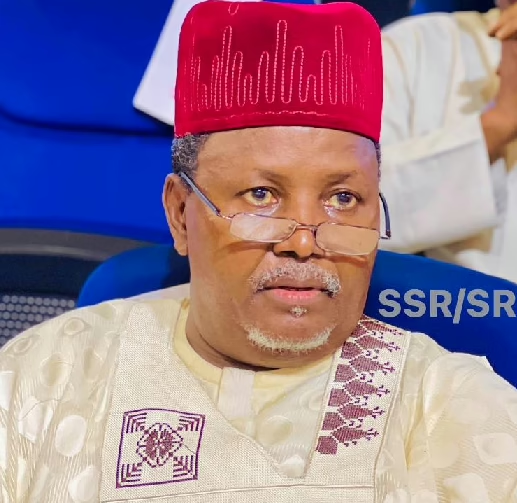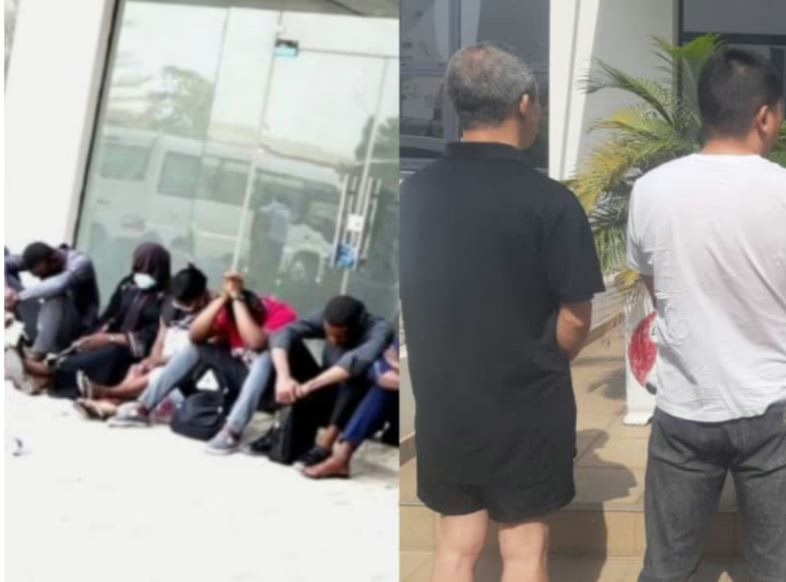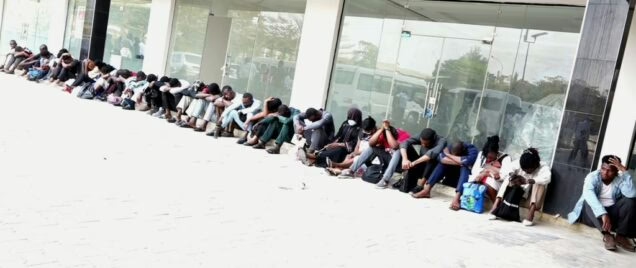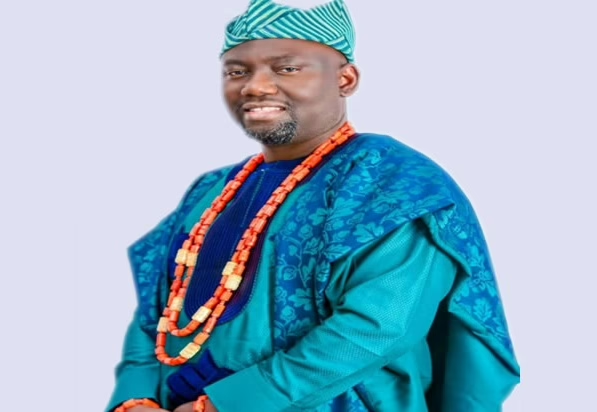The British Council has announced the close-out of the Managing Conflict in Nigeria programme in Adamawa.
MCN is a five-year programme being implemented by the British Council with the support of the European Union aimed at enhancing peacebuilding and alternative dispute resolution in the Northeast.
The National Programme Manager, Prof. Muhammad Tabiu, said this at the close-out ceremony on Wednesday in Yola.
He urged Adamawa government and other stakeholders to sustain the programme, adding the MCN programme started in 2018 in the wake of insurgency that threatened the survival of people in the state.
He said that a lot had been achieved under the five components of the programme, especially in strengthening the capacity of conflict management institutions in the society.
Other activities, he said, included peacebuilding and stability through community dialogue, empowering women, supporting victims of sexual violence and reintegration as well as youths empowerment.
He said the programme recorded successes across the sectors in which the impact remained with the people, and stressed the need for sustainability of the achievements.
Tabiu commended implementing partners for their support and contributions towards the success of the programme.
In his remarks, MCN State Team Lead, Abdulkadir Ahmed, said the programme trained over 714 traditional leaders on alternative dispute resolution.
He said the traditional rulers handled over 7,189 disputes, adding that 83 per cent of the cases had been resolved successfully.
He said the programme in partnership with the state government established three sexual referral centres in Yola, Numan and Michika, to enhance quality services to victims of sexual assault.
“The three centres supported by MCN assisted 739 clients between April 2018 and November 2022”.
The Commissioner of Police in the state, Sikiru Akande, lauded MCN for its contribution to peace and security in the state.
Represented by SP Ezra Mamza, the CP said the programme had impacted positively by creating synergy among the security agencies in the state.











